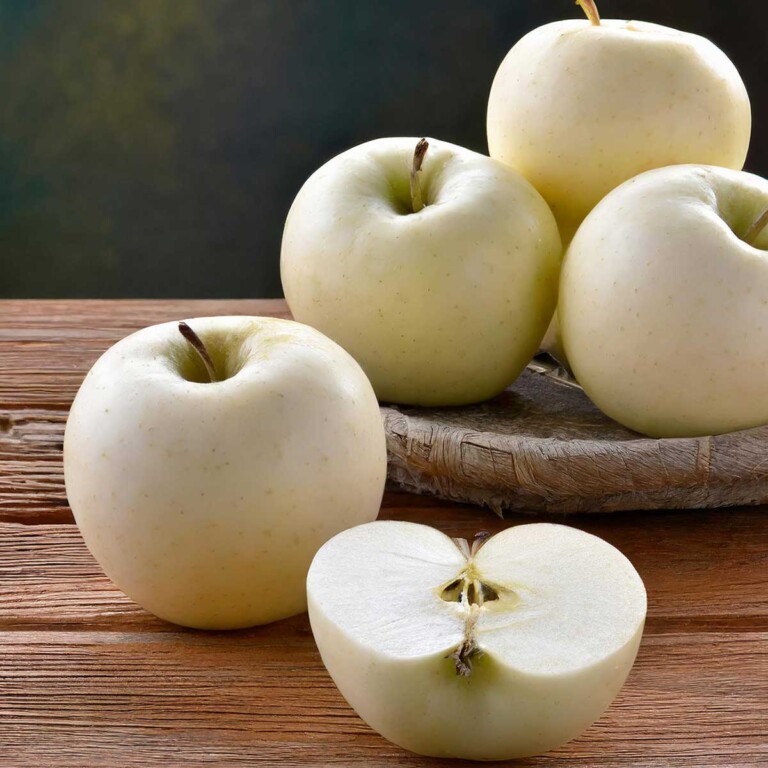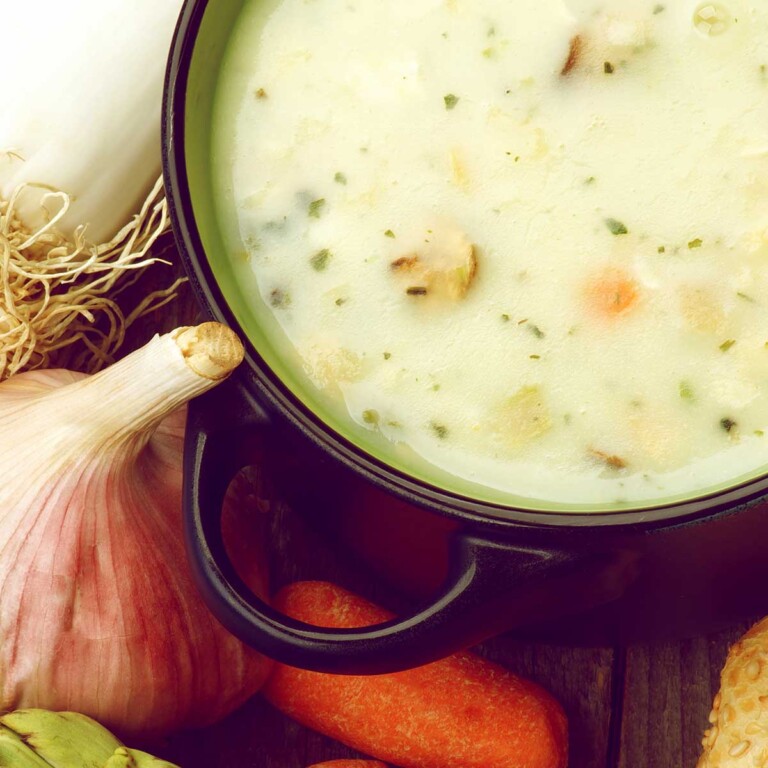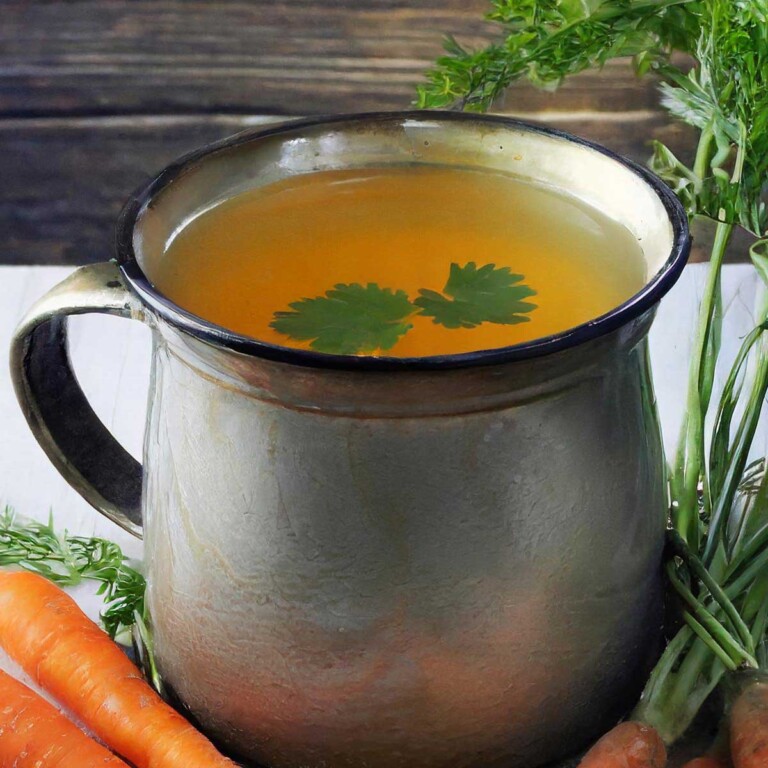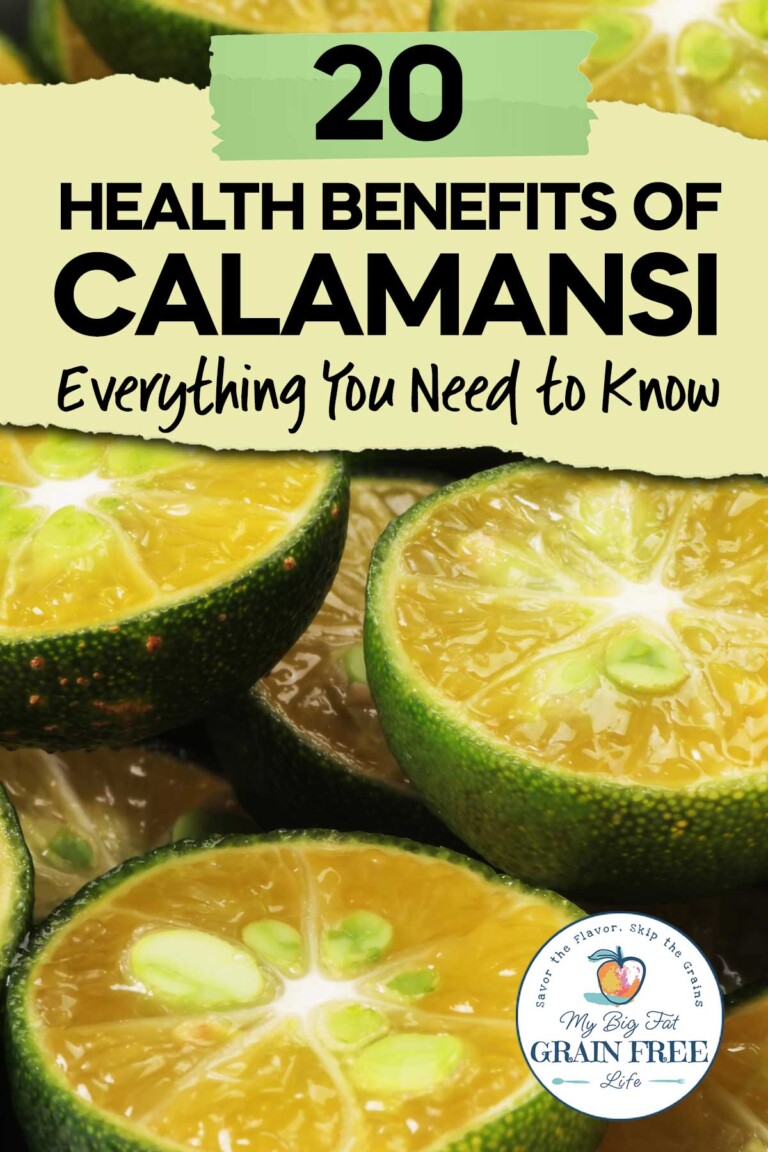How to Keep Citrus Fruit Fresh: Storage Methods that Work
This post may contain affiliate links. If you make purchase after clicking a link, I may receive a commission at no extra cost to you.
Last Updated on April 8, 2024
If citrus fruits are not stored properly, they can lose their flavor, texture, and nutritional value. Learn how to store citrus using methods that will help you prolong the freshness of your fruits.

How to Store Citrus
Most citrus fruits are available year-round, therefore it’s a good thing to understand how to properly store them (since you likely use them often).
When it comes to storing citrus fruits, there are a few key considerations to keep in mind. We’ll go over the best way to store your citrus, whether it’s whole fruit, cut pieces, or zest and even teach you how to freeze it properly.
Common Citrus Fruits
You might like: Clementine Vs Mandarin Vs Tangerine

Storing Citrus
To keep your citrus fresh and flavorful, it’s important to store it properly. When storing whole citrus fruit, you have two main options: on the counter or in the refrigerator.
On the Counter
If you plan to enjoy your citrus within a week, storing it at room temperature is the best option. Simply place the fruit in a bowl (see below for tips on storing citrus fruit in a bowl) or a mesh bag on your kitchen counter away from direct sunlight. This allows for proper air circulation and prevents mold growth.
Be sure to keep it away from other fruit, especially apples, bananas, and other ethylene-producing fruits. You can find a list of ethylene-producing fruits to keep your citrus away from further down.
In a Fruit Bowl
To properly store citrus fruits in a bowl, follow these guidelines:
- Choose a suitable bowl: Select a clean bowl that is large enough to accommodate the citrus fruits without overcrowding them. Opt for a bowl made of non-reactive material such as glass or ceramic to prevent any chemical reactions with the fruit.
- Arrange the citrus fruits: Gently place the citrus fruits in the bowl, making sure they are not piled on top of each other. Leave enough space between each fruit to allow air circulation, which helps prevent moisture buildup and mold growth.
- Store at room temperature: The best place to store citrus fruits are at room temperature, away from direct sunlight or heat sources. Placing them near windows or appliances can accelerate spoilage due to excessive heat exposure.
What NOT to do when storing citrus fruits in a bowl
- Do not wash the fruit before storing: It’s best to wash fresh fruit just before consuming them rather than before storage. Washing them too early can promote moisture retention, leading to faster spoilage.
- Avoid using plastic bowls: Plastic bowls can trap moisture, leading to mold growth and deterioration of the fruit’s quality. Stick to glass or ceramic bowls instead.
- Do not store damaged or bruised fruits: Damaged or bruised citrus fruits are more susceptible to decay and can quickly spread mold to neighboring fruits. Discard any damaged ones before placing them in the storage bowl.
In the Refrigerator
For longer-term storage or if you live in warmer temperatures, refrigerating your citrus is recommended. Place the fruit in an airtight container or plastic bag and store it in the crisper section of your refrigerator. The cold temperatures will help extend its shelf life and maintain its colors.

Freezing Citrus
If you want to save some juicy citrus for later use or prevent food waste, freezing is a great option. To freeze citrus fruit, follow these steps:
How to Freeze Citrus
- Select ripe and fresh citrus fruit such as oranges, lemons, or grapefruits. Ensure that the fruits are in good condition without any mold or bruises.
- Wash the citrus fruit thoroughly under cool running water to remove any dirt or residue from the skin.
- Pat dry the citrus fruit with a clean towel to remove excess moisture.
- Cut off the ends of the citrus fruit using a sharp knife.
- Peel off the skin of the fruit, making sure to remove as much of the white pith as possible. The pith can be bitter and affect the taste of the frozen fruit.
- Separate the citrus segments by carefully cutting along each side of the membrane to release them from their connective tissue. Alternatively, you can also peel and separate each segment by hand.
- Place the separated citrus segments onto a baking sheet lined with parchment paper or a silicone mat. Make sure to space them out evenly so that they don’t stick together during freezing.
- Place the baking sheet with citrus segments into the freezer and let them freeze for about 2-3 hours, or until they are completely frozen solid.
- Once frozen, transfer the citrus segments into an airtight container or freezer bag. Remove as much air as possible before sealing to prevent freezer burn.
- Return the container or bag to the freezer and store for up to 6 months.
When you’re ready to use your frozen citrus fruit, simply take out as much as you need and thaw them in a bowl at room temperature for about 15-20 minutes before using in recipes, smoothies, or enjoying them as a refreshing snack.

Storing Cut Citrus Fruit
When you’ve cut open your citrus fruit but don’t plan on using all of it right away, proper storage is essential to maintain its freshness and nutritional value.
What happens to citrus when you cut it open?
Once you cut open a citrus fruit, such as lemon or orange, its shelf life starts to decrease due to exposure to air and moisture. The exposed flesh can dry out quickly and lose some of its juiciness.
How Should I Store Cut or Zested Citrus?
To store cut citrus fruit, place it in an airtight container or wrap it tightly with plastic wrap. Store it in the refrigerator and try to use it within a couple of days for the best flavor.
As for citrus zest, you can freeze it by placing it in a small bowl or zip-top bag and storing it in the freezer. This way, you’ll have zest on hand whenever you need it.

Shelf Life of Citrus Fruits
The shelf life of citrus fruits can vary depending on the type of citrus and storage conditions. On average, most common grocery store varieties like sweet oranges, mandarin oranges, and lemons can last up to two weeks when stored properly.
Neat Fact: There are health benefits of lemon SEEDS!
How to Know if Citrus is Fresh
To determine if your citrus is fresh, look for firmness and vibrant colors. Avoid any fruits with soft spots or signs of mold growth. A fresh lemon or orange should feel heavy for its size and have a bright and smooth skin.
Tips for Keeping Citrus Fruits Healthy Longer
Here are some tips to help keep your citrus fruits healthy and flavorful for as long as possible:
- Start by purchasing healthy fruit that’s already ripe. (Citrus fruit doesn’t ripen once it has been picked.)
- Avoid washing your citrus until you’re ready to use it, as excess moisture can promote mold growth.
- Keep your citrus away from other produce items that release ethylene gas, such as apples and bananas, as this can accelerate the ripening process.
- If you have an abundance of ripe lemons or oranges, consider making fresh orange juice or using them in recipes like AIP lemon cheesecake.
- Regularly check your stored citrus and remove any spoiled fruits to prevent mold from spreading.
- Consider storing different types of citrus separately to prevent cross-flavoring.

Ethylene-producing Fruits
Ethylene is a natural gas that fruits produce as they ripen, and it can cause premature ripening and spoilage of citrus fruits if they are stored in close proximity to ethylene-producing fruits.
It’s important to keep these ethylene-producing fruits separate from citrus to prevent premature spoilage or over-ripening of the citrus fruits.
List of Ethylene-Producing Fruits
- Apples
- Avocados
- Bananas
- Tomatoes (this nightshade is actually a fruit, not a vegetable!)
- Peaches
- Pears
- Plums
- Kiwis
- Mangoes
- Nectarines
- Papayas
- Persimmons
- Figs (also check out health benefits of fig leaves)
- Melons (such as cantaloupe and honeydew)
- Passion fruit
- Pineapples
- Quinces
- Apricots
- Cherimoyas (custard apples)
- Guavas
Final Thoughts
Maintaining the freshness of citrus fruits is crucial for maximizing their taste and nutritional benefits. By following the storage methods I shared with you, you can ensure that your citrus fruits stay juicy, flavorful, and full of vitamins for a longer period.
Remember to store them in a cool and dry place away from direct sunlight, avoid overcrowding or stacking them too tightly, and consider using alternative storage methods like refrigeration or freezing when necessary. With these simple yet effective techniques, you can enjoy the natural goodness of your favorite citrus fruits anytime you want!








